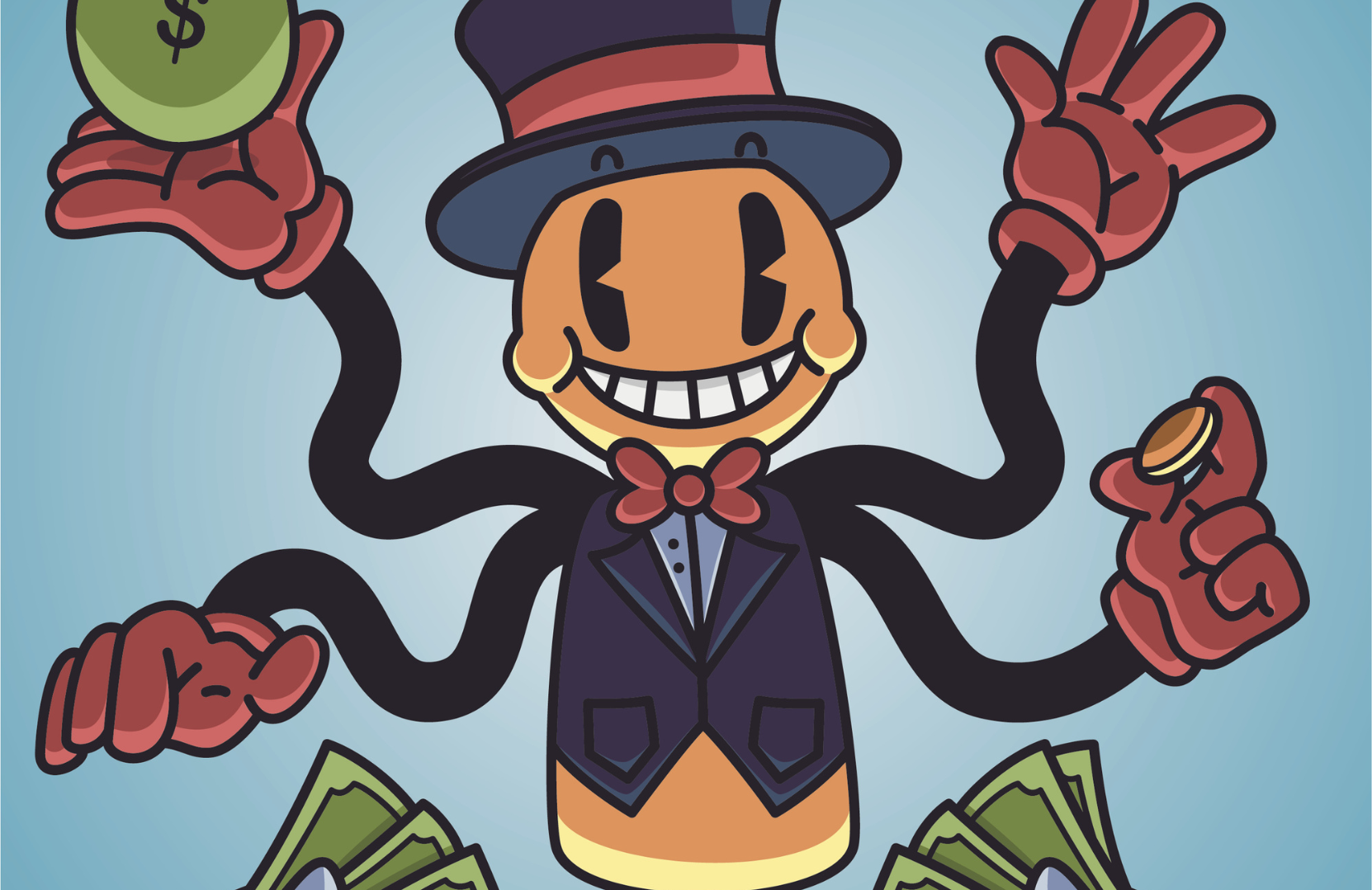We all have our vices. Nothing feels as good as that dopamine hit when you purchase the new must-have product from a company that you swear by. Whether it be a video game, cosmetic, or seasonal Starbucks cup of coffee, purchasing can feel so, so good. The “treat yo self” mentality is sometimes all you need to bring your day around. As such, we use these items, brands, and vices as a means of cultural identity.
Sarah Banet-Weiser, a communications professor at the University of Pennsylvania and the University of Southern California, provides context to this phenomenon in her book Authentic: The Politics of Ambivalence in a Brand Culture, stating that “building a brand is about building an affective, au-
thentic relationship with a consumer, one based—just like a relationship between two people— on the accumulation of memories, emotions, personal narratives, and expectations.”
Therefore, we are now more prone to identifying ourselves with these brands, with some of us even going to war over which company is better. A quick Google search will still show how true this phenomenon is as the war continues to rage online on if PlayStation is better than Xbox or if Coke is better than Pepsi. Hell, even last year, the griff published an article about one of our past editor’s undying love for Starbucks.
Now, there is nothing wrong with liking the things you enjoy. If buying products from specific brands makes you feel good, that’s great! However, it’s helpful to have healthy skepticism with brands, their dominance in the market, and consider their importance to you. It’s important to keep in mind that companies are here to make money and need a community of buyers and brand reps to do that. Corporate suits only care about your dollar and will use any slimy economic scheme to get it. Whether it’s appealing to your needs (or fabrication of needs), your identity, or even cultural touchstones, these companies are masters of manipulating the public to buy into the culture and community they are selling.
Companies are getting bigger and, because of globalization, are becoming more well-known and economically successful at an international level. For instance, Microsoft is currently in a legal battle with the United States’s Federal Trade Commission (FTC) and the U.K.’s Competition and Markets Authority (CMA) over their purchase of gaming titan Activision (a company valued at $75 billion). According to the Wall Street Journal, the FTC is investigating the deal under grounds of being anti-competition, saying that it would “give Microsoft the ability to control how consumers access Activision’s games beyond the Redmond, Wash., company’s own Xbox consoles and subscription services.” Additionally, the FTC says Microsoft “could raise prices or degrade Activision’s content for people who don’t use its hardware to access the developer’s games, or even cut off access to the games entirely.”
Though fans of Xbox may be championing this deal to go through because their brand would win, it’s useful to look at the impacts of financial moves like this. According to Forbes, in 2021, Microsoft was (and still is) valued as one of the most valuable companies in the world. Therefore, Microsoft has the privilege to undercut prices and take upfront losses without impacting their overall net income. Though this sounds great for the consumer, this practice allows companies like Microsoft, such as Amazon, Walmart, and Google, to reduce competition and create an unsustainable market—especially for your local mom-and-pop shops down the road. Though a jar of jam is cheapest at $10 on Amazon, it’s because
Amazon has more economic resources and financial power that allow them to undercut prices. Alternatively, a local mom-and-pop shop must charge $15 for the same jar of jam to stay open and see any profit, as they do not have these privileges. The bottom line is that companies are getting too big, and we need to push back and stay conscious of their predatory economic practices.
So, what are you supposed to do in a world where love for these brands runs amok? Don’t buy into their artificial identity and let them overtake your personality. Keep these large companies at arm’s length and use them as you see fit. But, the next time you fight a war for a large company or brand, be more conscious of what you are defending. Let’s stop the corporate cheerleading and maybe use that dollar (if you can) to support a local business. We all know they could use it more.
Graphics: Sam Poier





0 Comments